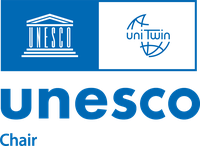With the change of political circumstances in the ’90s, the Brazilian government began to create participatory democratic practices, challenging a cultural and political history of dissociation of citizens from public life. In 2018, the Brazilian Ministry of Education (BMEC) launched the Social Mobilization for Education Plan (SMEP), calling on all Brazilians to engage and mobilize others to work collaboratively for improving education. BMEC developed local leadership (social mobilizers) for executing actions to promote collective engagement and to strengthen the family-school-community relationship. The success of SMEP implementation varied across communities and, despite its popularity, the activism of social mobilizers often was not sustained. To better understand this phenomenon, this study investigated factors facilitating or hindering the engagement of social mobilizers through a comparative case study of six towns in the Estreito Hydroelectric Region in northeast Brazil. Four sets of factors grounded in theory that likely impacted social mobilizers engagement and SMEP implementation: socio-demographics, community capacity, power relations, and strategies and structures for the local implementation. Data was gathered through document analysis, participant observation, and interviews with key-participants and examined qualitatively through thematic analysis. The findings revealed that although several aspects motivated social mobilizer engagement (interaction, networks, local needs, passion, collective engagement, leadership, results), other factors represented conditions that either enabled or prevented participation. These factors were related to local implementation strategies (institutional support, funding, local SMEP Committee, external leader) and to power and politics. The SMEP implementation also fostered the development of the communities and individual and collective agency, but those were undermined by termination of the program and lack of support by external agents. Recommendations for policy makers are provided.





